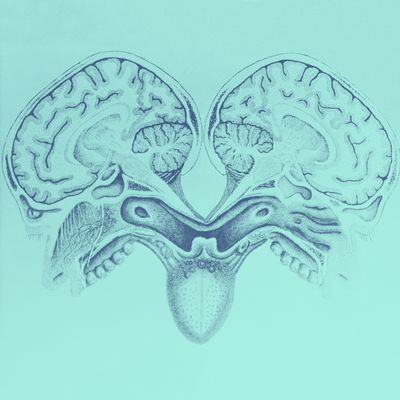
When I’m upset and convinced that it’s because of something someone else did, the idea that my distress could actually be caused in larger part by my own body being tired, thirsty, in need of exercise (mental or physical), or in the process of digesting a gross meal, is both relieving and, a little bit, horrible. It feels like getting the keys back to my whole life, but it also makes me feel guilty and ashamed, although I guess that is why apologies are useful.
There’s a pleasant, peaceful word for the act of listening to these little physical cues, though: interoception, or “our awareness of internal bodily signals,” as a recent Scientific American essay defines it. These are signals like hunger, thirst, and heartbeat, “which serve as a running commentary or mental map of the body’s internal world, across conscious and unconscious levels of perception.” What if it’s not your friend/husband/child who’s making you unhappy, what if it’s just your body? (“Just.”) Psychology professor Lisa Feldman Barrett, author of How Emotions Are Made, encourages anyone feeling dread to first ask themselves, “Could this have a purely physical cause?”
In some ways it seems almost too easy, but also, personally, thinking back on the angriest stretches of my own life, I think I would have been a lot less upset if I’d been throwing my own mind some more bones to chew on — or, giving myself some more mental exercise. It’s a nice way of thinking about it, anyway.
As David Plans goes on in his Scientific American essay, we are living in an “age of disembodiment,” or disconnection from our bodies, in which we often prefer taking drugs that mask physical symptoms to looking for the root of our problems. “Our culture, technology and medicine have progressively made us into poor interoceptors,” he writes. And while things like yoga, meditation, and traditional Chinese/Tibetan/Indian medicine have all long considered “holistic rather than dualistic understandings of body and mind,” we are only now slowly starting to get back into interoception with modern psychology and technology (oh and Plans also has an app for that).
Alternately, “interoception” is basically at the core of this cute Mari Andrew comic:




